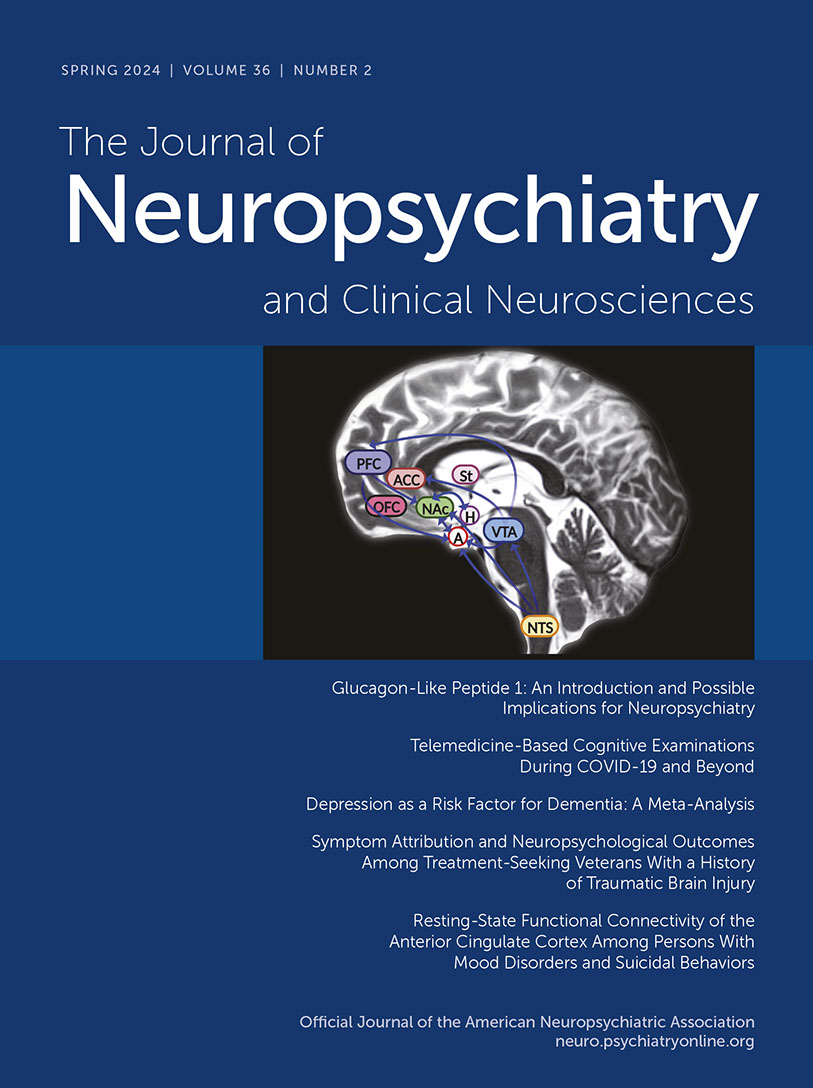Association Between Psychosocial Stress and Brain Aging: Results of the Population-Based Cohort Study of Health in Pomerania (SHIP)
Abstract
Objective:
Recent studies suggest that psychosocial factors can have an impact on brain health. Yet, it is unclear whether psychosocial stress affects aging of the brain. The aim of the study was to investigate the association between psychosocial stress and brain aging.
Methods:
Data from the German population-based cohort Study of Health in Pomerania (N=991; age range 20–78 years) were used to calculate a total psychosocial stress score by combining subscores from five domains: stress related to the living situation, the occupational situation, the social situation, danger experiences, and emotions. Associations with brain aging, indicated by an MRI-derived score quantifying age-related brain atrophy, were estimated by using regression models adjusted for age, gender, education, diabetes, problematic alcohol consumption, smoking, and hypertension.
Results:
The relative risk ratio for advanced brain aging was 1.21 (95% CI=1.04–1.41) for stress related to emotions in fully adjusted models. The interactions between stress related to emotions and mental health symptoms were also significantly associated with advanced brain aging. The association between higher total psychosocial stress and brain aging was not statistically significant.
Conclusions:
These findings highlight that high stress related to emotions is associated with advanced brain aging. To protect brain health in older age, more research is needed to explore the role of emotional distress.
Access content
To read the fulltext, please use one of the options below to sign in or purchase access.- Personal login
- Institutional Login
- Sign in via OpenAthens
- Register for access
-
Please login/register if you wish to pair your device and check access availability.
Not a subscriber?
PsychiatryOnline subscription options offer access to the DSM-5 library, books, journals, CME, and patient resources. This all-in-one virtual library provides psychiatrists and mental health professionals with key resources for diagnosis, treatment, research, and professional development.
Need more help? PsychiatryOnline Customer Service may be reached by emailing [email protected] or by calling 800-368-5777 (in the U.S.) or 703-907-7322 (outside the U.S.).



